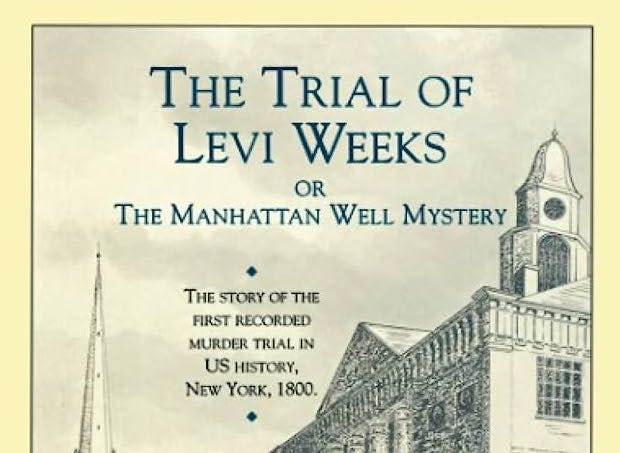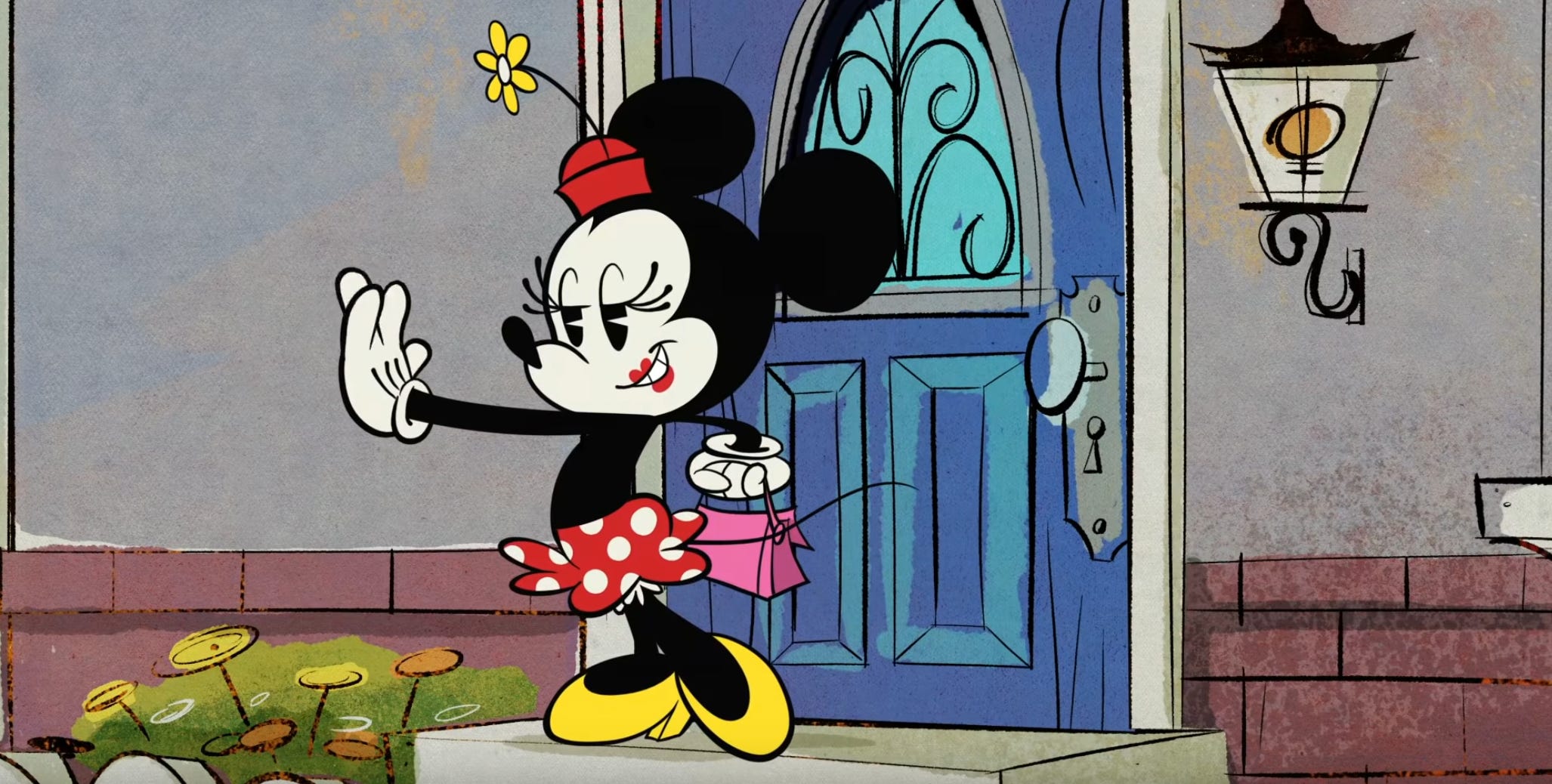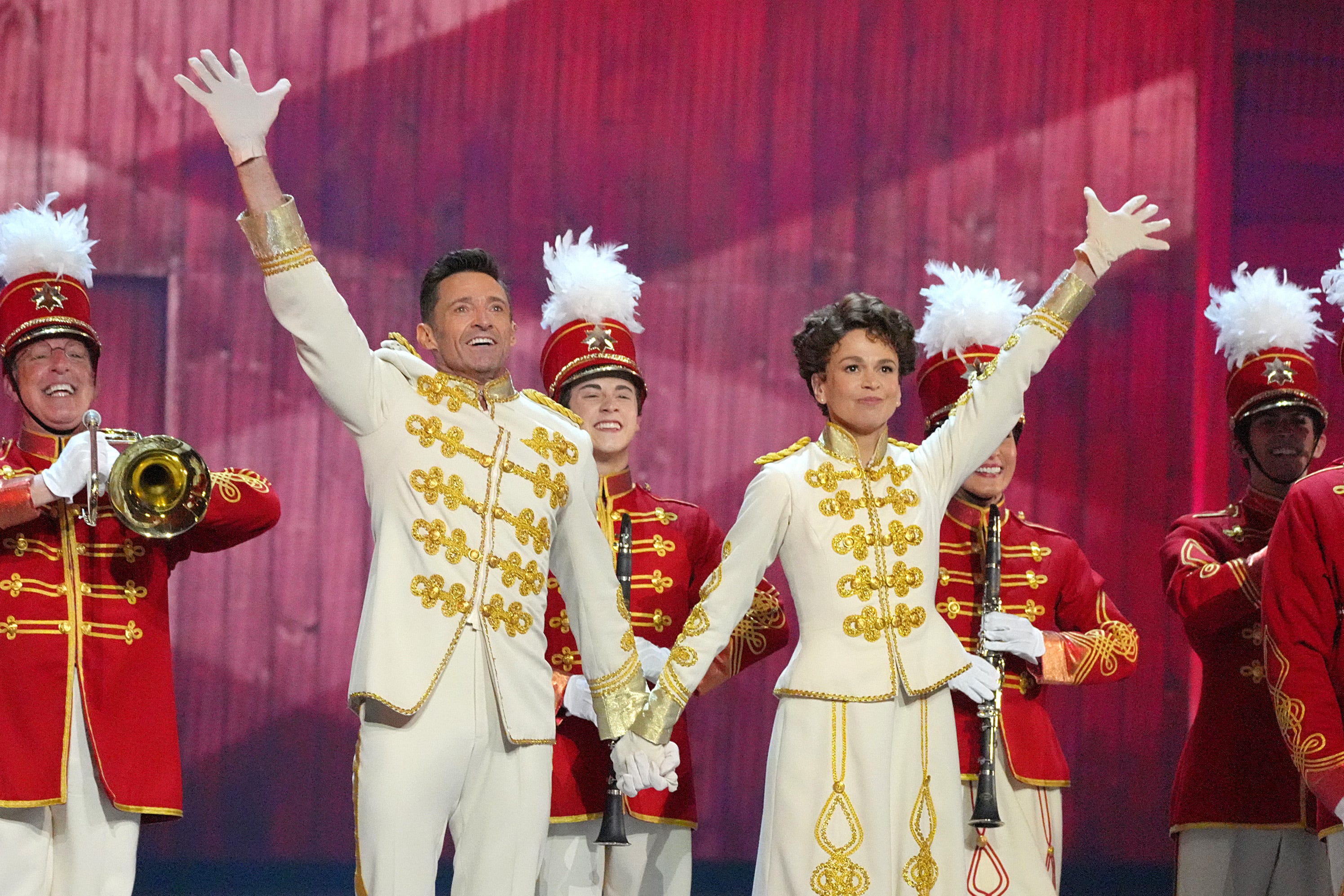Latest Episodes
Most Recent
Welcome to the Valley!
Lexicon Valley is an audio show dissecting this messy, maddening and thoroughly wonderful thing we call language.
More Episodes
The trial transcript of a 225-year-old murder is filled with fascinating evidence of the way we used to talk. John explains. Twitter: @lexiconvalley Facebook: facebook.com/LexiconValley Website: book...
· 29 min 11 sec
Many English verbs have three forms — sing, sang and sung, for example. The problem is that speakers seem to want only two. John explains. Twitter: @lexiconvalley Facebook: facebook.com/LexiconValley...
· 29 min 50 sec
Too — whether about excess, addition or contradiction — evolved from to. John explains. Twitter: @lexiconvalley Facebook: facebook.com/LexiconValley Website: booksmartstudios.com/LexiconValley
· 27 min 4 sec
Some languages adopt their “health” word from the concept of wholeness — a metaphor that makes perfect sense. Other languages, however, adopt their “health” word from trees. John explains. Twitter: @...
· 23 min 36 sec
Like the French word droit, English’s right has taken on a number of useful metaphorical meanings. John explains. Twitter: @lexiconvalley Facebook: facebook.com/LexiconValley Website: booksmartstudio...
· 28 min 14 sec
In this favorite from the archives, John discusses some unwritten rules of English that can be remarkably difficult for a learner of English to master. Twitter: @lexiconvalley Facebook: facebook.com/...
· 24 min 21 sec
The word “record” can be broken down into two parts, the re and the cord. But what do those parts even mean? John explains. Twitter: @lexiconvalley Facebook: facebook.com/LexiconValley Website: books...
· 25 min 44 sec
John is traveling this week and so we’re running a previous episode about the speech patterns of Bette Davis, George Gershwin, Louis Armstrong and countless other Americans of the 1930s. Why do they a...
· 30 min 52 sec
So many of our words have ugly associations that are particular to a historical time or event. Should we expunge them entirely from our vocabulary? Can we? John weighs in. Twitter: @lexiconvalley Fac...
· 24 min 47 sec
Words that come to mean “want” often start out meaning something else. Take “want,” for example. John explains. Twitter: @lexiconvalley Facebook: facebook.com/LexiconValley Website: booksmartstudios....
· 31 min 20 sec
Henry James wrote his final novels just over a century ago — and yet they are far less accessible than works written much earlier. John explains. Twitter: @lexiconvalley Facebook: facebook.com/Lexico...
· 29 min 48 sec
Possession is more or less about ownership, and we denote that in English by adding ’s to the end of a word. But of course there’s far more to the story than just that. John explains. Twitter: @lexic...
· 25 min 30 sec
There’s a rumor going around social networks that “knocked up” traces back to American slave trading. Is there any evidence for that etymology? John explains. Twitter: @lexiconvalley Facebook: facebo...
· 30 min 53 sec
It’s tempting to imagine that a sentence will translate rather neatly, word by word, from one language to another. It’s also naive. English, after all, is relatively straightforward, while most langua...
· 37 min 9 sec
The book and lyrics of The Music Man are replete with everyday, ordinary dialogue that, nevertheless, demonstrates how English often works. John explains. Twitter: @lexiconvalley Facebook: facebook.c...
· 28 min 40 sec
English used to have a more or less typical array of second person pronouns, with thou and thee for the singular — subject and object cases, respectively — and ye and you for the plural. So what happe...
· 29 min 12 sec
Comedian Rodney Dangerfield was fond of introducing jokes with a kind of redundancy, for example: “My wife, she told me I was one in a million. I found out she was right.” But those seemingly superflu...
· 33 min 35 sec
The racial reckoning of the past several years has altered the way we think about and use language, often for better but occasionally for worse. And sometimes, as John explains in this episode, what w...
· 34 min 35 sec
Only, lonely, alone and even atone all derive from the number one, which, by the way, wasn’t always pronounced as if it began with the letter w. John explains. Twitter: @lexiconvalley Facebook: faceb...
· 30 min 41 sec
Words like chit-chat, pitter-patter and wishy-washy are formed that way for a reason beyond the pleasing way that they sound. The vowel change actually signifies something more meaningful to our human...
· 45 min 35 sec



















